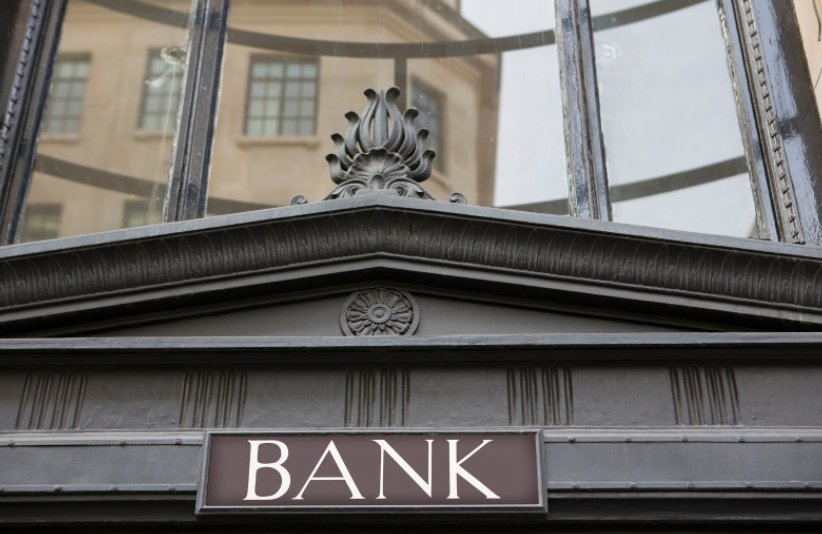March 27, 2023
After the Swiss bank UBS decided to purchase the troubled competitor Credit Suisse in a deal mediated by the Swiss authorities, the major central banks of the world declared a joint effort to stop the banking crisis from spreading.
Leading central banks including the Federal Reserve, the European Central Bank, the Bank of Canada, the Bank of England, the Bank of Japan and the Swiss National Bank announced a coordinated action late Sunday to boost the provision of liquidity via the standing U.S. dollar liquidity swap line arrangements.
The frequency of US dollar operations with a 7-day maturity will go from weekly to daily starting on March 20 due to a decision made by central banks.
According to a joint statement from the central banks, these regular operations will continue at least through the end of April.
According to the statement, “the network of swap lines among these central banks is a set of available standing facilities and serves as an important liquidity backstop to ease strains in the global funding markets, thereby helping to mitigate the effects of such strains on the supply of credit to households and businesses.”
The swap lines were first introduced in 2007 during the global financial crisis and made standing arrangements in 2013.
This rise in the frequency of access to the US$ swap line was viewed as preventative by ING economist Padhraic Garvey. But it doesn’t fix financial issues, the economist said.
The most recent banking crisis has led some to wonder if the central banks were too hasty in increasing interest rates to combat inflation that had gotten out of control.
Under pressure from the Swiss government, UBS decided to acquire Credit Suisse in an all-share deal for $3.25 billion.
The second-largest bank in Switzerland with a 167-year history, Credit Suisse, had long been plagued by scandals, irregularities, and management problems.
The bank’s major shareholder, Saudi National Bank, refused to increase its investment, resulting in a confidence crisis that lasted the entire previous week.
This happened not long after the Silicon Valley Bank and Signature Bank in the US collapsed the previous weekend. In response to the lender’s request for assistance, the Swiss National Bank provided a $54 billion credit line. That safety net, however, was insufficient to halt a stock market crash for banks.
The Swiss government contacted UBS for assistance because Credit Suisse was one of the world’s most important banks in terms of systemic risk.
The Swiss Federal Government, the Swiss Financial Market Supervisory Authority FINMA, and the Swiss National Bank all consented to the takeover.
The Swiss central bank said in a statement that “with the takeover of Credit Suisse by UBS, a solution has been found to secure financial stability and protect the Swiss economy in this exceptional situation.”
The First Republic Bank was saved last week by the 11 biggest banks in the United States, including JPMorgan Chase, Bank of America, Citigroup, and Wells Fargo. They provided the troubled lender with $30 billion in financing.
In the UK, the Silicon Valley Bank’s UK subsidiary was acquired by HSBC Bank UK for a symbolic sum of GBP 1 as part of a rescue arrangement arranged by the Bank of England and Treasury.
Source: RTT NEWS
Legal Notice: The information in this article is intended for information purposes only. It is not intended for professional information purposes specific to a person or an institution. Every institution has different requirements because of its own circumstances even though they bear a resemblance to each other. Consequently, it is your interest to consult on an expert before taking a decision based on information stated in this article and putting into practice. Neither Karen Audit nor related person or institutions are not responsible for any damages or losses that might occur in consequence of the use of the information in this article by private or formal, real or legal person and institutions.






